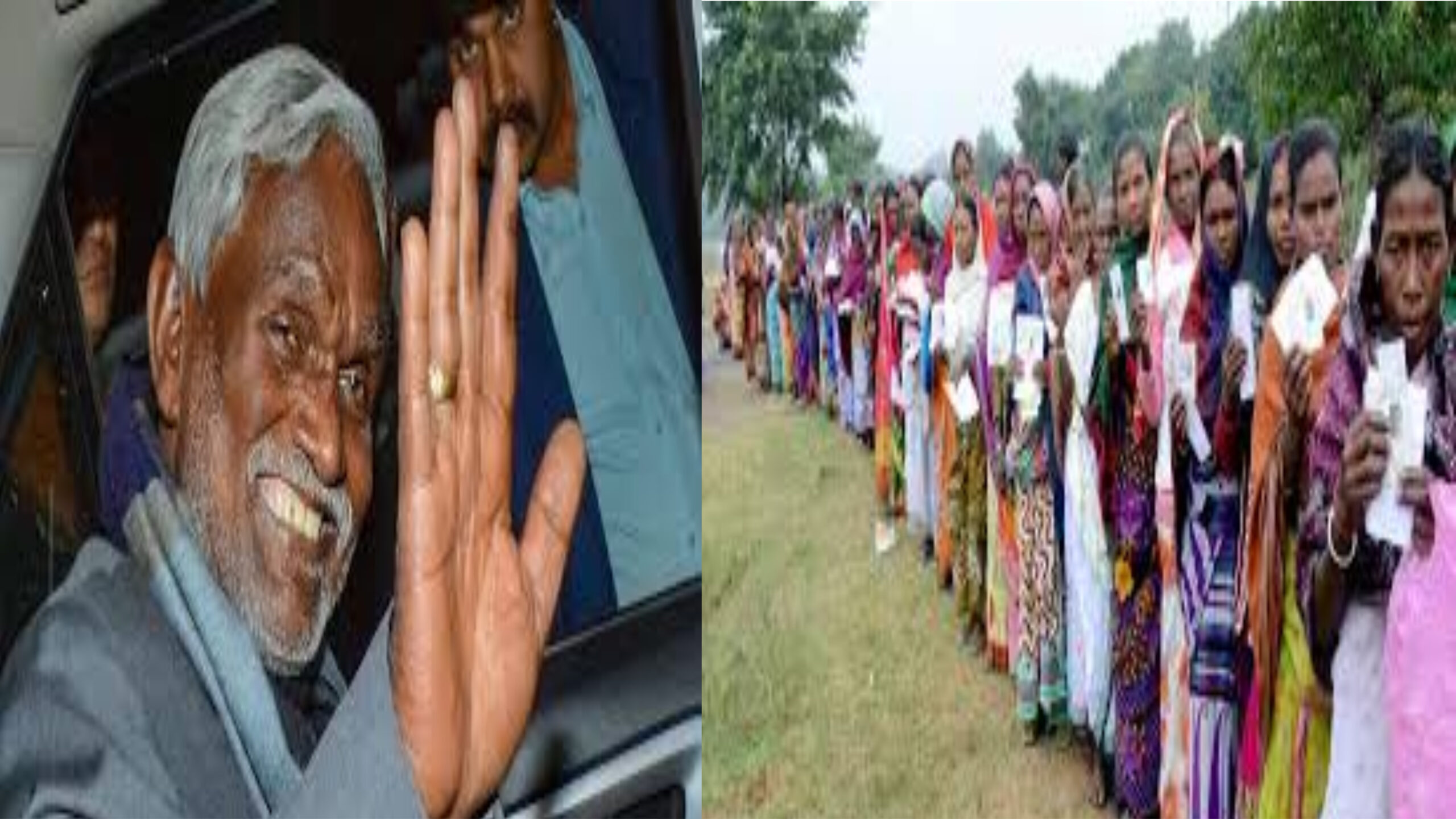In a striking accusation within the political sphere of Jharkhand, former Chief Minister Hemant Soren has leveled serious allegations against the Raj Bhavan, implicating it in his recent arrest. This incident has sparked intense debate and concern over the democratic processes in the state and the country at large. Speaking to the legislative assembly on February 5, Soren, a prominent figure of the Jharkhand Mukti Morcha (JMM), claimed that his arrest was the result of a calculated conspiracy by the central government, with the Raj Bhavan playing a pivotal role in this scheme.
The event Soren referred to unfolded on the night of January 31, which he described as a dark moment for Indian democracy. The arrest of a serving chief minister within the premises of the Raj Bhavan is unprecedented in the country’s history, according to Soren. This action, he argued, was not only unusual but also indicative of a collaboration between the Raj Bhavan and the central authorities aimed at undermining his position.
These allegations were made amidst a critical juncture for the Jharkhand Assembly, as it was poised for a floor test. The timing of Soren’s arrest by the Enforcement Directorate (ED) and the circumstances surrounding his temporary release to participate in the trust vote have only added layers of complexity to the political drama. Soren, despite facing legal challenges, took the opportunity to articulate his perspective on the events leading up to his arrest, suggesting that it was a long-planned operation by his political adversaries, who, according to him, had been simmering a plot against him since 2022.
The former chief minister’s rhetoric was not just limited to narrating the sequence of events but also included a direct challenge to the Bharatiya Janata Party (BJP). He dared the party to substantiate the corruption charges that led to his arrest. Soren’s bold claim was that should these allegations be proven, he would willingly exit the political arena, a statement that underscores the intense political rivalry and the high stakes involved.
In the wake of Soren’s arrest, JMM legislature party leader Champai Soren was sworn in as the Chief Minister of Jharkhand on February 2, marking a significant shift in the state’s political leadership amidst ongoing controversies. The new chief minister’s immediate task was to secure confidence in the 81-member Assembly, a process overshadowed by the allegations of misuse of central agencies against Hemant Soren and his government. The assertion that the central government was leveraging these agencies for political gains against Soren, who had received a strong mandate in 2019, highlights the deep-rooted tensions between state and central authorities.
The narrative of suppression of tribal leadership in Jharkhand, as mentioned by the new Chief Minister, adds another dimension to this political saga. This perspective points to a larger pattern of struggle for tribal communities in asserting their rights and political power within the state and against the backdrop of national politics.
This unfolding drama in Jharkhand is not just a tale of political rivalry but also a reflection of the complexities of Indian democracy, where the interplay between state and central powers, the role of judicial and investigative bodies, and the voice of indigenous communities converge. The allegations made by Hemant Soren against the Raj Bhavan and the central government, his subsequent arrest, and the political reshuffling in the state’s leadership raise critical questions about the processes that underpin democratic governance in India.
As Jharkhand navigates through this turbulent political phase, the eyes of the nation are closely watching. The outcomes of these events will not only determine the immediate political future of Jharkhand but also set precedents for how political disputes and allegations of corruption are addressed within the democratic framework of India. The integrity of democratic institutions, the sanctity of the electoral mandate, and the protection of political rights, especially for indigenous and marginalized communities, stand at the forefront of this discourse, signaling a pivotal moment in the country’s ongoing democratic journey.

